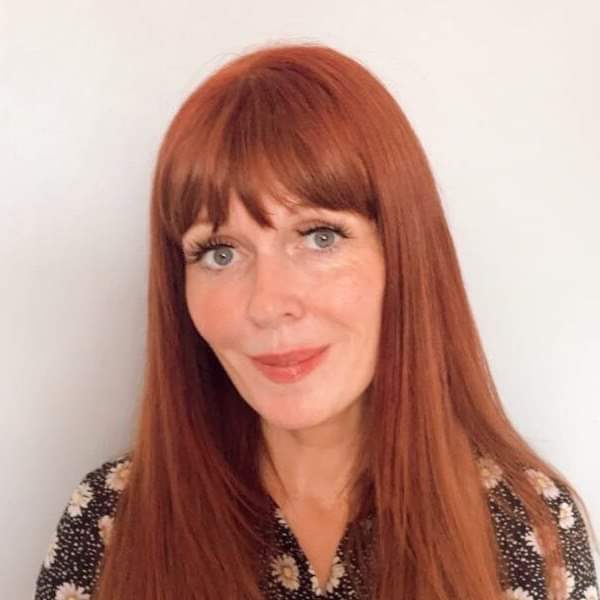Recovery is about stories. Stories of hope, stories of change.
In addiction, the stories we tell about ourselves do not tend to have happy endings. Rarely are we the authors of our own journeys, and if we were to assign ourselves a character, it would not be the hero/ine. More often we see ourselves as the villain, or the victim, or a combination of both. Sadly, in recovery, we often continue to tell ourselves stories that keep us stuck. Sit in your average 12-step meeting and you are likely to hear the same story shared over and over again; only the names and places are much different. Sit in them for too long and you may find yourself, as I did, subtly altering your own tale of recovery to fit the dominant narrative: you have a disease that is “doing push-ups” as you speak, getting stronger even as you recover day by day; without the group, without a mysterious Higher Power, you are powerless, defect-ridden, and utterly self-centered. You must call yourself an addict forever, lest you forget.
The justice system will craft another story about you: you are amoral; you need to be punished, given a black mark against your name that will be permanent on any official paperwork about you. In spite of the official narrative that addiction is a “disease,” the underlying tale is one of sin and—maybe if you are penitent enough—redemption. Even here in the U.K., where laws are less punitive, the stigma of being an addict follows you around like an unfinished sentence.
My intention is not to denounce either 12-step recovery or treatment centers—both were instrumental in my own journey, and I continue to belong to a thriving local 12-step community. Nevertheless, both in my work as an addiction therapist and as a former addict who is active in recovery, I have become acutely aware of the need to tell ourselves, each other, and the world new tales. About our pasts, our presents, and our myriad possibilities for the future.
Too often we are encouraged to reframe our past trials in terms of our ‘disease’ rather than looking at the relationship between addiction, attachment, and trauma, conditions such as ADHD, OCD and personality disorders, epigenetics, and our environment. Why are we so reluctant to let go of outdated ideas and concepts, terrified that we will relapse if we don’t maintain the status quo? In narrative therapy we talk about the ‘dominant narrative,’ the story we tell ourselves about ourselves and the world; that we will then subconsciously strive to continuously re-enact. For positive change, our dominant narrative needs to become one of growth, empowerment, and connection. So often in recovery, we don’t change our negative stories about ourselves at all; we simply retitle them. We stop telling ourselves we are no good and instead tell ourselves we are sick and that we will always be sick.
Johann Hari, in his immensely popular TED talk Everything You Think You Know About Addiction Is Wrong says that society should be singing love songs to addicts, not war songs about them. I agree. I also believe we need to be writing love letters to ourselves. Should we be held accountable for our actions and make amends for the harm we have caused? Absolutely. But if we can’t do that with self-compassion and forgiveness, we only enforce the dominant narrative that we are fundamentally flawed and that there is something inherently wrong with us.
The metaphors we use to describe addiction can be just as damaging. While externalizing our problems—talking about ‘my addict’ for example—can be therapeutic, helping us to stop identifying with our behavior, it becomes detrimental when we start taking this literally. Telling each other that our ‘addict’ or ‘disease’ is just waiting to get us, personifying a derailed coping mechanism as some kind of demonic entity, only keeps us stuck in fear and forever on the run, swapping one avoidance technique for another. Finding new metaphors that speak to us of growth and positive change is an important step in restoring both our pasts and our futures.
None of this need is antithetical to the 12-step approach, for those who choose to engage with it. After all, the steps tell us to expect a spiritual awakening. A ‘life beyond our wildest dreams.’ Now that’s a tale worth telling.
Guest Post Disclaimer: Any and all information shared in this guest blog post is intended for educational and informational purposes only. Nothing in this blog post, nor any content on CPTSDfoundation.org, is a supplement for or supersedes the relationship and direction of your medical or mental health providers. Thoughts, ideas, or opinions expressed by the writer of this guest blog do not necessarily reflect those of CPTSD Foundation. For more information, see our Privacy Policy and Full Disclaimer.

Kelly Palmer is a neurodivergent psychotherapist and counsellor from the Midlands in the UK, a Senior Accredited Member of the ACCPH, and an Advanced Practitioner with the Federation of Drug and Alcohol Practitioners. She also works as a doula and birth coach and is the bestselling author (writing as Michelle Kelly) of commercial fiction. She has also written for The Telegraph, the Fix, and Sojourners.





Wow….now that was well said. Thank you. Trauma, internal dialogue, belief systems, family and community are so often unprepared, uninformed and at some point cruelly uncaring. It is refreshing to hear a qualified voice speaking less of how dark the souls and how questionable the morality of any addicted person and more in a space of truth and let’s face it, kindness. There are enough negative hateful shame filled voices shouting at us.